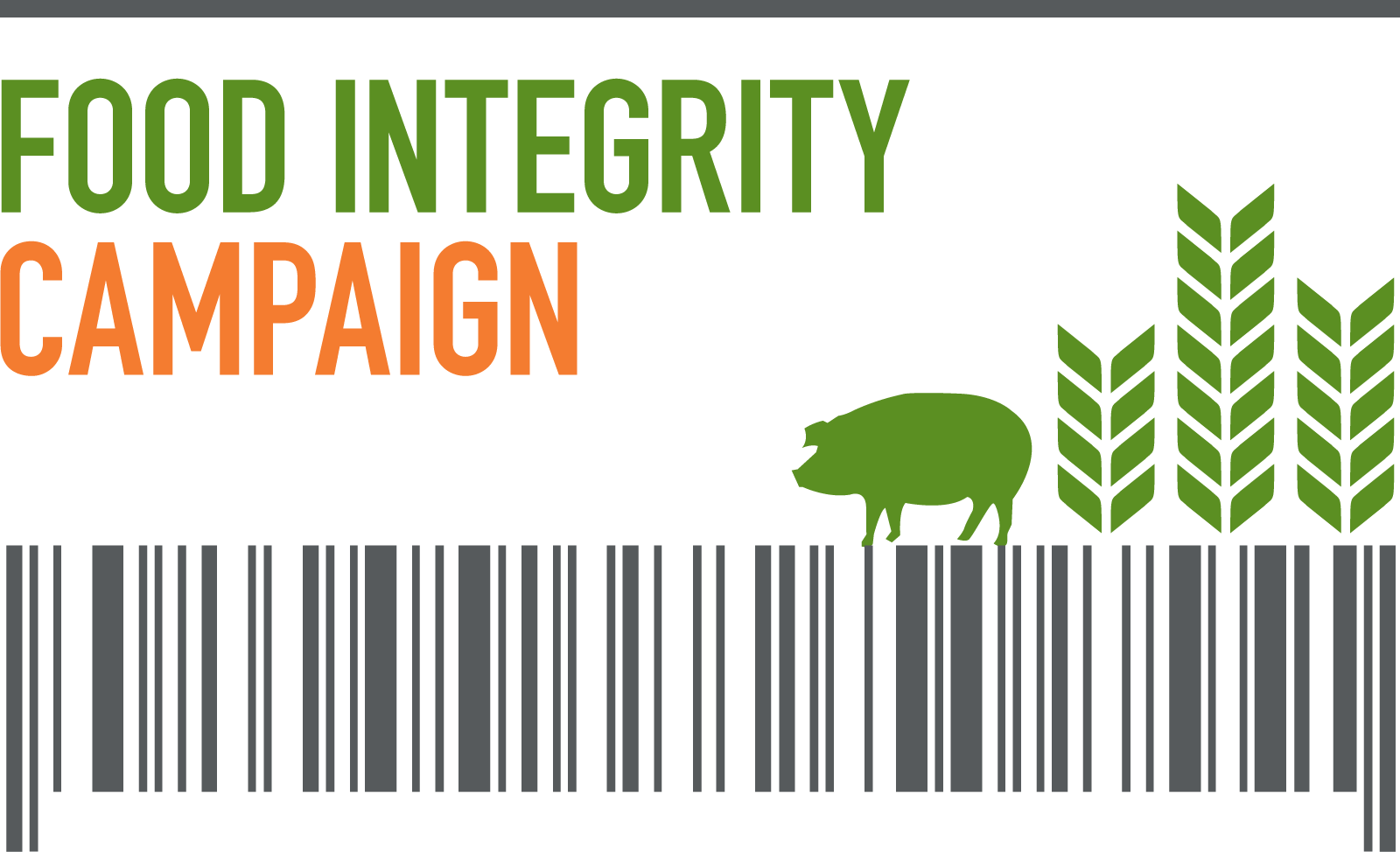Food Integrity Campaign | July 25, 2022
FIC and its coalition partners praise USDA for taking on the tournament system and the pervasive culture of retaliation in poultry farming. The following press release was published by the Campaign for Contract Agriculture Reform (CCAR). FIC is a member of CCAR.
FOR IMMEDIATE RELEASE
U.S. Department of Justice Takes Landmark Action Against Poultry Companies for Deceptive Grower Payment Practices
July 25, 2022– Today, the Campaign for Contract Agriculture Reform (CCAR) applauded the U.S. Department of Justice for civil antitrust actions taken against poultry companies Sanderson Farms and Wayne Farms for deceptive contracting and grower payment practices.
The lawsuit alleges that the two poultry companies violated the Packers and Stockyards Act by engaging in deceptive practices regarding the “tournament system,” which is the system used by most poultry companies to pay contract growers.
The lawsuit is part of a larger case alleging that Sanderson Farms, Wayne Farms and Cargill violated the Sherman Act by sharing poultry plant worker wage data and used that information in a manner that depressed plant worker compensation.
“The lawsuit filed today is a much-needed recognition by the federal government of how deceptive the tournament system is for contract poultry growers,” said Steve Etka, Policy Director for CCAR. “The proposed consent decree is an excellent first step toward creating a fairer and more transparent payment system for growers.”
The tournament system is a payment scheme designed by poultry processing corporations that transfers the financial risk involved with growing chickens onto contract growers, who are placed in “tournament” groups and pitted against each other. Growers are paid based on their performance relative to other growers, but their performance is dictated largely by the variable quality of inputs provided and controlled by the poultry companies and not by the growers. Factors such as the quality of the day-old chicks delivered to poultry growers to be raised, the feed provided by the poultry company, and the timing of bird pick up at the end of the grow out cycle can greatly impact a grower’s performance and their payment.
The consent decree proposed by the Department of Justice, in cooperation with the U.S. Department of Agriculture, would:
